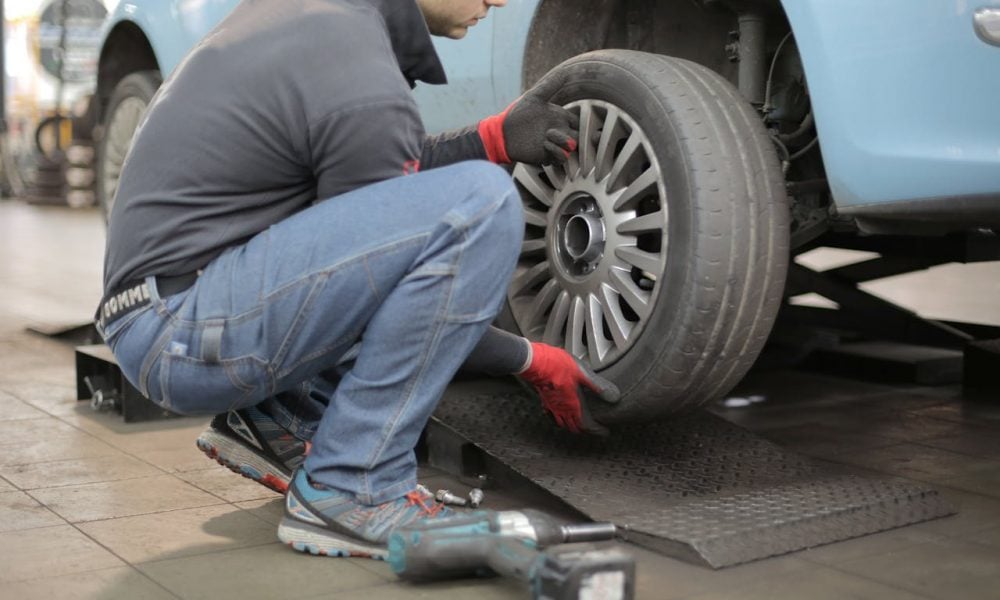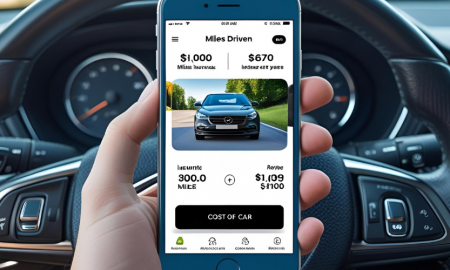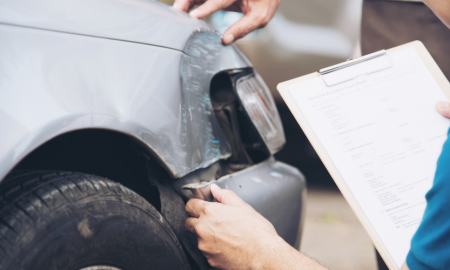
Is It Legal To Build Your Own Car in the U.S.? What You Need To Know

Building your own car in the U.S. is a dream for many auto enthusiasts. The satisfaction of crafting a vehicle from the ground up, selecting every component, and watching it come to life is unparalleled. But before diving into such a project, an important question arises: is it legal to build your own car?
Is It Legal to Build Your Own Car?
Yes, it is legal to build your own car in the United States. The process is often seen as a nod to American innovation and the freedom to create something unique. However, this freedom is accompanied by a responsibility to adhere to strict safety and environmental regulations. The government allows the construction of custom vehicles, but they must meet certain criteria before hitting the road.

Florian Olivo | Unsplash | It is legal to build your own car in the United States, but you must adhere to strict safety and environmental regulations.
Understanding the Regulations
Building your own car is not just about assembling the parts and taking it for a spin. There are comprehensive regulations that govern the construction and safety of the vehicle. These include requirements for seat belts, emissions, bumpers, and even the vehicle’s height. Each of these elements plays a crucial role in ensuring the car is safe for use on public roads.
One key aspect of compliance is documentation. Builders must keep detailed records of every component used in the construction. This includes receipts for parts and materials, which are necessary when it comes time to register the vehicle. Proper documentation ensures that all parts are legitimate and the vehicle meets the required standards.
The Importance of Vehicle Registration
Once the car is built, it must be inspected and registered with the Department of Motor Vehicles (DMV). This step is crucial because it verifies that the vehicle complies with all safety and environmental regulations. During the inspection, the DMV will assess the car’s construction, ensuring it meets the necessary standards before granting it a Vehicle Identification Number (VIN).

Gustavo Fring | Pexels | Once the car is built, it must be inspected and registered with the Department of Motor Vehicles (DMV).
The VIN is essential for any vehicle intended for public roads. It serves as a unique identifier, linking the car to its builder and providing a record of its compliance with safety regulations. The car cannot be legally driven on public highways without this number.
It’s important to note that registration is not required if the vehicle is only used on private property. However, any intention to drive the car on public roads necessitates going through the formal registration process.
Challenges of Building Your Own Car
Building a car from scratch is not easy. It requires a deep understanding of automotive mechanics, a significant investment of time, and a considerable budget for parts and materials. The complexity of the project often deters even the most dedicated enthusiasts.
For those who decide to take on the challenge, it’s vital to familiarize themselves with all legal requirements before starting. Missteps in the process can lead to significant delays, additional costs, and potential legal issues. Consulting with experienced car builders or seeking guidance from online resources can provide invaluable assistance in navigating the complexities of the build.
More inCar Insurance
-
`
Florida Auto Insurance Rates Finally Drop. But for How Long?
After years of rising premiums, Florida drivers are finally seeing lower auto insurance rates on the horizon. For 2025, the state’s...
August 15, 2025 -
`
U.S. Reduces Tariffs on Japanese Cars to 15% Under Trump’s Deal
In a move reshaping U.S.-Japan trade relations, former President Donald Trump confirmed a new agreement that slashes tariffs on Japanese car...
August 9, 2025 -
`
Adults in Ohio Face Stricter Rules to Obtain Driver’s License
Ohio has passed a new law that will change the way adults under 21 get their driver’s licenses. Signed into law...
July 31, 2025 -
`
Gen Z Craves Career Guidance, But Their Parents Are Struggling Too
Gen Z is stepping into the future with curiosity and ambition—but they’re not doing it alone. A growing number of teens...
July 25, 2025 -
`
Do Car Insurance Companies Offer Pay-As-You-Go Plans?
Car insurance premiums often feel unfair to people who rarely drive. Yet, most traditional auto policies still charge a fixed monthly...
July 17, 2025 -
`
Why the Koenigsegg Sadair Spear Is the Ultimate Hypercar Beast
Koenigsegg has revealed a new beast—the Sadair’s Spear. Tuning its focus on raw performance and brutal speed, this hypercar marks the...
July 11, 2025 -
`
Which States Have the Safest—and Riskiest—Drivers in America?
Driving safety isn’t just about skill. It’s also about location. A recent nationwide report shines a spotlight on where drivers are...
July 4, 2025 -
`
How to Save on Tesla Car Insurance Without Compromising Coverage
Owning a Tesla often brings savings on fuel and a futuristic driving experience, but the conversation changes quickly when it comes...
June 26, 2025 -
`
10 Weird Cars That Turned Heads and Won Hearts
Some cars turn heads with speed, others with luxury—but a rare few grab your attention simply by being delightfully strange. From...
June 20, 2025















You must be logged in to post a comment Login